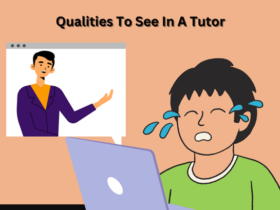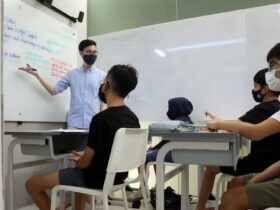Steps to Take Before Looking for a Tutor

You’ve never considered hiring a tutor, but you’re now taking it very seriously.
But where do you even begin?
We’ll look at the reasons you might want to work with a secondary English tutor, what to anticipate if you do so, and where to hunt for the best tutor.
Now that you know why you might need a tutor, where to look for one, and what qualities to look for, you can make an informed decision.
If you’ve decided to move forward and begin tutoring, you should take a few practical steps.
Plan your objectives.
Clearly define your goals and the project you are working on. Make a one- to six-month plan. Then, put your goals and plan in writing. Your instructor will be able to create the best strategy for you if you can communicate your goals to them in writing.
Recognize your needs
This will enable you to choose the most suitable tutor for you.
What inspires you? What do you enjoy most about learning? Take a look at the feedback on your assignments and tests. What regions are the most problematic? Bring your graded assignments to your tutor if at all possible. They could offer suggestions and see something that you don’t.
Know your capacity for commitment.
Are you seeking an ongoing, long-term connection or a temporary tutor to help you study for an exam? To prepare material appropriately, you and your instructor should have an estimate of how much time you anticipate spending together.
Select a language instruction programme.
You can learn a lot through tutors, but using a comprehensive language learning package is also crucial. As a result, your grammar and vocabulary lessons are more in-depth, and you can focus your limited (and more expensive) teaching time on the trickiest and most demanding tasks.
For instance, you might practise your language skills every day with the online language learning application FluentU by watching actual English-language films, reading with interactive subtitles, using vocabulary flashcards, and taking customized quizzes. Then, you may arrange to meet with your teacher three times per week to review the trickiest material or just put what you’ve learned into practice.











